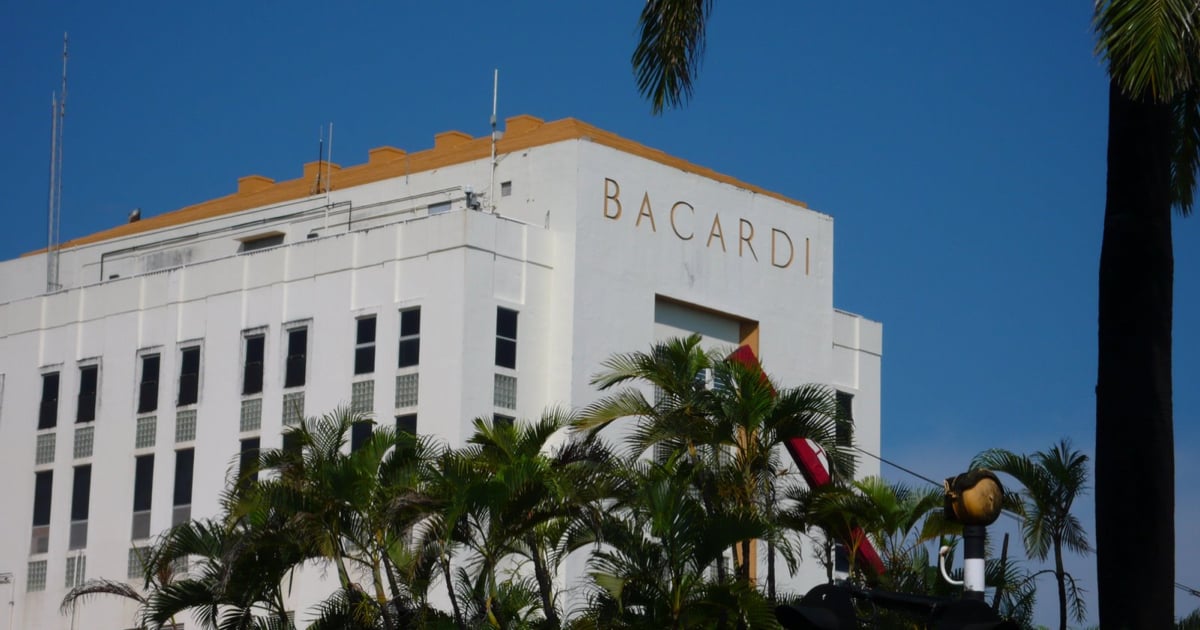
Related videos:
The Cuban regime rejected the "Law to Not Recognize Stolen Trademarks in the United States" signed by President Joe Biden on Tuesday, describing it as a "new unilateral coercive measure that reinforces the blockade against the Cuban economy."
An official statement from the Ministry of Foreign Affairs of the Republic of Cuba indicates that the “Law for Not Recognizing Stolen Trademarks in the United States” provides "an open license that broadens the path to solidify the theft of Cuban trademarks that are legitimately registered with the United States Patent and Trademark Office."
It adds that the initiative, "promoted by anti-Cuban sectors in Congress," expands the scope of Section 211 of the Appropriations Act for Fiscal Year 1999, and deals "a new blow to the international system of industrial property protection and confirms the United States' disdain for international legal institutions, particularly the Agreement on Trade-Related Aspects of Intellectual Property Rights and the Paris Convention for the Protection of Industrial Property."
"The attitude of the U.S. government contrasts with that of the Cuban authorities, who have always acted in strict adherence to international agreements concerning intellectual property to which both Cuba and the United States are signatories. Currently, 6,448 U.S. trademarks are registered and protected in Cuba," states Havana.
Last Sunday, Biden signed the No Stolen Trademarks Honored in America Act of 2023, known as the "Bacardí Law," aimed at protecting the rights of trademarks seized by the Cuban government since 1959.
The regulation prohibits U.S. courts and agencies from recognizing expropriated trademarks without the consent of their original owners, setting a precedent for entrepreneurs whose properties were nationalized following the so-called "Cuban Revolution."
The White House confirmed that the law was passed with broad bipartisan support in both chambers of Congress. According to the official statement, this legislation prevents the validation of trademark rights related to expropriated goods or companies, unless the original owner or their heirs provide explicit consent.
The law has direct implications in the long-standing litigation over the "Havana Club" brand, a rum whose production and marketing have been the subject of legal disputes between the Bacardí corporation, the Cuban regime, and its French business partner Pernod Ricard.
In 1995, Bacardí began selling rum under this brand in the United States after acquiring it from the Arechabala family, the original founders of the business. However, the Cuban government, through its state-owned company Cubaexport, also claims rights to the brand, supported by Pernod Ricard.
Cubaexport registered the brand in the United States for the first time in 1976, but faced challenges in renewing its registration due to the U.S. embargo and restrictions imposed by the Office of Foreign Assets Control (OFAC).
In 2016, the Patent and Trademark Office (PTO) granted the license to Cubaexport again, triggering a lawsuit from Bacardí that reached the Fourth Circuit Court of Appeals in 2023, which ruled in favor of the Bermuda-based company.
With this new legislation, the PTO and other federal agencies will have less leeway to validate trademark rights associated with confiscated properties, which strengthens Bacardí's position in this conflict and could directly impact Cuban exports of "Havana Club."
Frequently Asked Questions about the "Bacardi Law" and its Implications for Cuba
What is the "Bacardi Law" and what is its main objective?
The "Bacardí Law," officially known as the "No Stolen Trademarks Honored in America Act of 2023," is legislation signed by U.S. President Joe Biden aimed at protecting the rights of trademarks seized by the Cuban government since 1959. Its primary goal is to prohibit U.S. courts and agencies from recognizing trademarks that have been expropriated without the consent of their original owners. This law sets a precedent for entrepreneurs whose properties were nationalized following the Cuban revolution.
How does the "Bacardi Law" affect the case of the "Havana Club" brand?
The "Bacardí Law" has direct implications in the dispute over the "Havana Club" brand, which has been contested between Bacardí and the Cuban government along with its French partner Pernod Ricard. With this new legislation, U.S. authorities will have less leeway to validate trademark rights related to confiscated properties, strengthening Bacardí's position in this conflict and potentially impacting Cuban exports of "Havana Club."
What has been the Cuban regime's reaction to the "Bacardi Law"?
The Cuban regime strongly rejected the signing of the "Bacardi Law," describing it as an aggressive measure that violates international law. According to Cuban Foreign Minister Bruno Rodríguez Parrilla, the legislation aims to strip Cubaexport of its rights to the "Havana Club" brand. Furthermore, it is argued that the law contravenes international regulations by paving the way for the "theft" of legally registered trademarks in the United States.
What does the "Bacardi Law" mean for relations between Cuba and the United States?
The signing of the "Bacardi Law" symbolizes a new obstacle in the already tense relations between Cuba and the United States. The law reinforces U.S. policies that do not recognize expropriations carried out by the Cuban regime and provides a legal mechanism for entrepreneurs affected by nationalizations to seek justice. This could exacerbate economic and political tensions between the two countries, particularly in a context where the embargo remains in place and expectations for relief have been limited under the Biden administration.
Filed under: